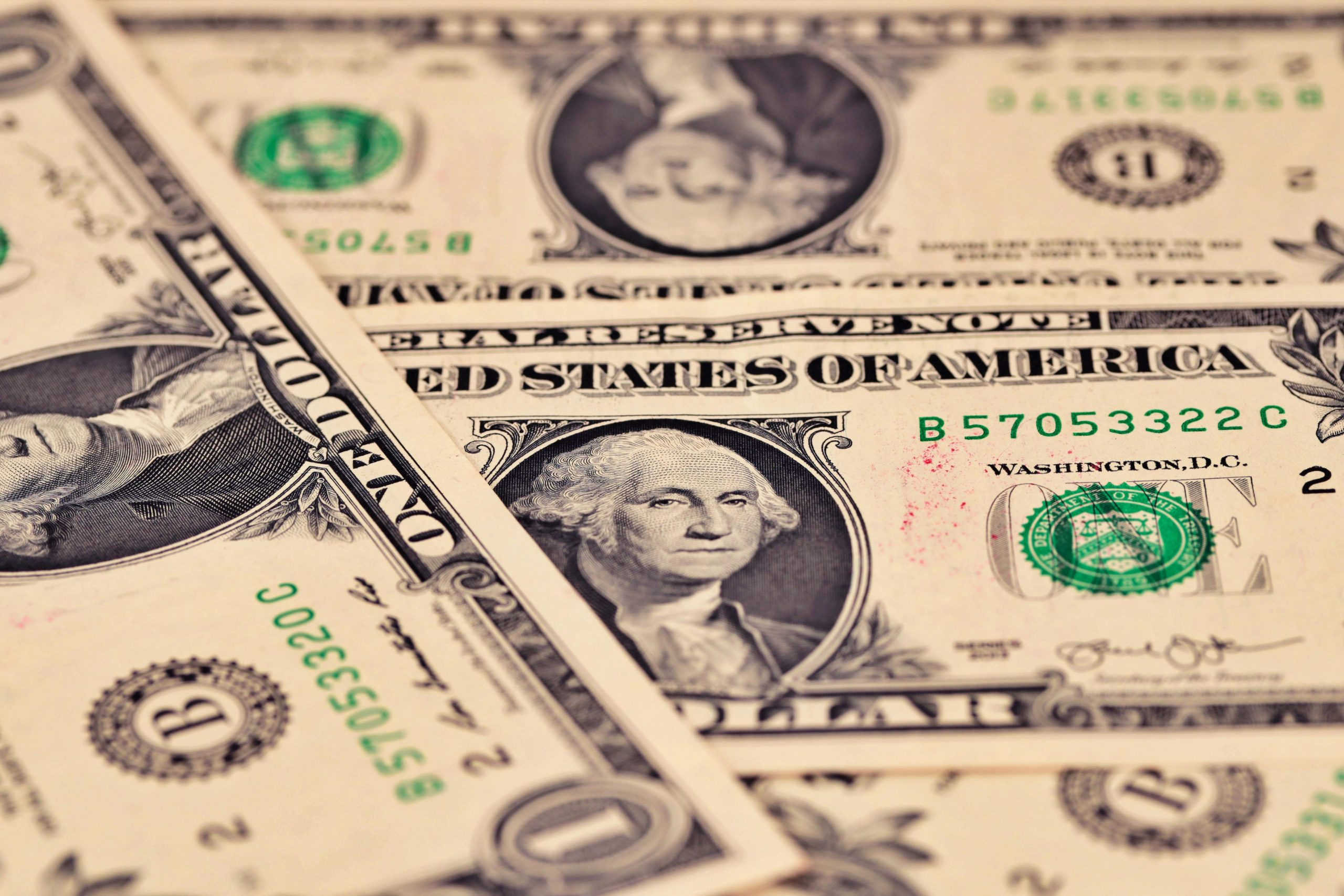Trade Secret Misappropriation and Legal Remedies
Every company has its own “secret sauce” – a unique set of trade secrets that gives them a competitive edge. These secrets may include confidential information such as customer lists, formulas, processes, and strategies. Protecting trade secrets is essential for businesses to maintain their advantage in the marketplace and prevent their competitors from gaining an unfair advantage. But unfortunately, trade secret misappropriation – the unlawful acquisition or disclosure of trade secrets – is a common occurrence, and companies must be prepared to take legal action to protect their valuable trade secrets.
Understanding Trade Secret Misappropriation
Trade secret misappropriation is the theft or unauthorized use of a trade secret. It can occur in a variety of ways, such as an employee sharing confidential information with a competitor, a company using deceptive means to obtain trade secrets from a competitor, or a third party hacking into a company’s computer systems to steal trade secrets. No matter the method, trade secret misappropriation can have serious consequences for the company whose secrets have been stolen.
The Legal Definition of Trade Secrets
Before discussing the legal remedies available for trade secret misappropriation, it’s important to understand what constitutes a trade secret. According to the Uniform Trade Secrets Act (UTSA), a trade secret is any information that meets three criteria:
1) It is not generally known or readily ascertainable by others.
2) It derives independent economic value from not being known or easily obtainable.
3) It is subject to reasonable measures to maintain its secrecy.
Examples of trade secrets can include proprietary product designs, customer lists, marketing strategies, and manufacturing techniques. It’s important to note that trade secrets do not have to be registered with any government agency, making them a valuable asset for businesses of all sizes.
Legal Remedies for Trade Secret Misappropriation
If a company suspects that its trade secrets have been misappropriated, it must act quickly to mitigate the damage. The following are legal remedies that a company can take to protect its trade secrets and hold the responsible parties accountable.
1) Civil Lawsuits
The most common legal action taken in cases of trade secret misappropriation is a civil lawsuit. This involves filing a complaint against the responsible party in a court of law and seeking damages for the loss of trade secrets. Typically, the company must prove that it took reasonable measures to maintain the secrecy of its trade secrets and that the defendant acquired the secrets through improper means.
2) Injunctions
In some cases, a company may seek an injunction to prevent the defendant from using or disclosing the trade secrets. This can be a powerful tool in stopping the damage caused by trade secret misappropriation and can help protect the company’s competitive advantage.
3) Criminal Charges
In severe cases of trade secret misappropriation, it may also be possible to pursue criminal charges against the responsible party. This can result in fines, imprisonment, or both, for the individuals or entities involved in the theft of trade secrets.
4) Alternative Dispute Resolution
In some instances, a company may choose to resolve a trade secret misappropriation case through alternative dispute resolution methods such as mediation or arbitration. These methods can be more cost-effective and provide a quicker resolution than going through a lengthy court process.
Conclusion
Trade secret misappropriation is a serious threat to businesses and their ability to compete in the marketplace. Companies must take proactive steps to protect their trade secrets and be prepared to take legal action if their secrets are stolen. By understanding the legal remedies available, companies can take appropriate action to safeguard their valuable trade secrets and maintain their competitive edge.










